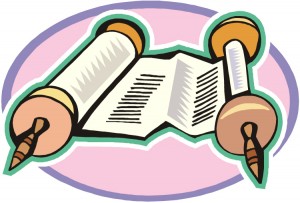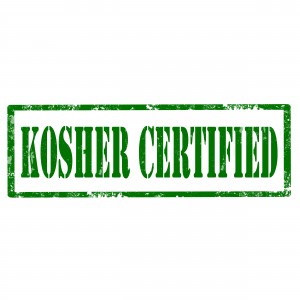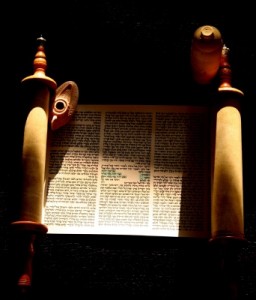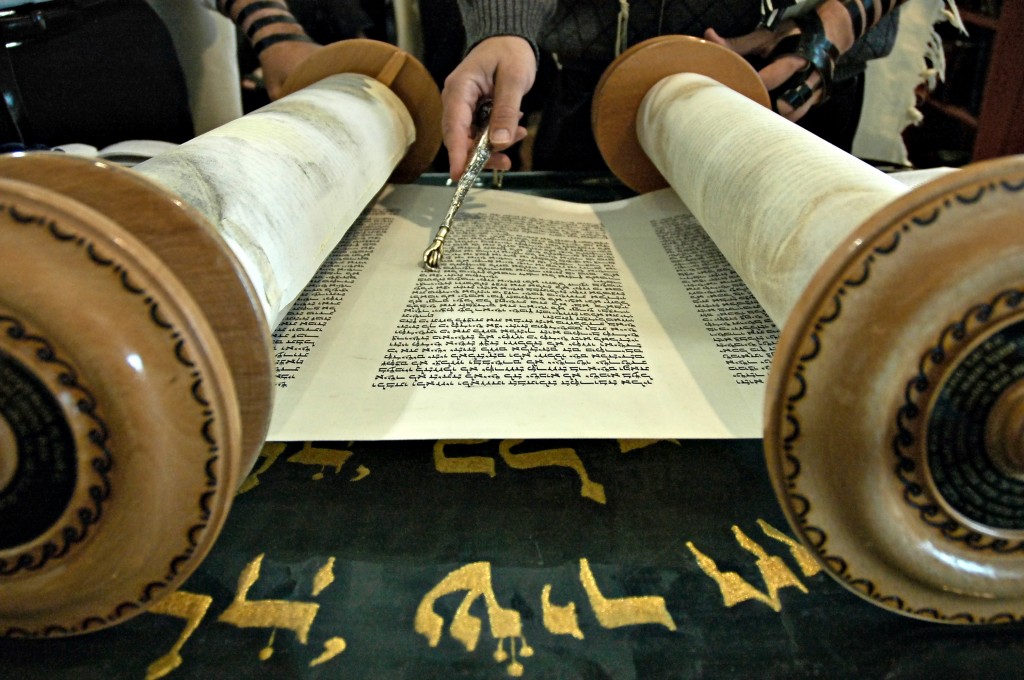A Study of the Sermon On the Mount
Understand the Bible in Its Proper Context
The Bible was written, for the most part, if not totally, in the Hebrew (or Aramaic) language by Hebrew people who spoke Hebrew, lived in a Hebrew culture, practiced the Hebrew religion and worshipped and served YHVH Elohim, the God of the Hebrews. What defined the Israelites’ spiritual relationship to their God—YHVH Elohim? It was the Torah, a Hebrew word that literally means “the teachings, precepts or instructions in righteousness of Elohim” as delivered through his servant and prophet Moses to his people, the children of Abraham, Isaac and Jacob (Israel), known as Israelites. The Torah is recorded in what is commonly called the Books of the Law, the Books of Moses, the Pentateuch or the Chumash, or what we would call the first five books of the Hebrew Bible: Genesis, Exodus, Leviticus, Numbers and Deuteronomy. These books, called the Torah, or instructions in righteousness of Elohim, were delivered word-for-word and letter-for-letter to Moses and the Hebrew Children of Israel and forms the foundation for the entire Bible: both sections, the former and latter covenants referred to in Christian circles as the Old Testament (i.e., Hebrew Scriptures) and the New Testament (i.e., Apostolic Scriptures). For the people of Israel in Yeshua’s day, the Torah of Elohim, given through Elohim’s servant Moses, formed the central teaching document that regulated and governed every aspect of life, culture, family relationship, marriage, society, religion and its relationship with surrounding nations.
The Torah: Central Teaching Document for Israel and Messiah Yeshua
If the Torah is the central teaching document around which the nation and people of Israel, including the writers of the Bible, revolved, then what did the long awaited Messiah of Israel think of the Torah? After all, the Jewish rabbis and sages for hundreds of years had believed and taught that the Messiah would be the ultimate expositor of the Torah, that he would answer all of their unanswered questions about the Torah, and that he would be a righteous Torah-observant and Torah-teaching king who would rule the nation of Israel, like King David, and bring the nation into a one-thousand-year era of prosperity and peace called the Messianic Age (i.e., the Millennium).
Did that Messiah, who we know to be Yeshua (Jesus), uphold or abolish the Torah of Elohim given to Israel? How did he view the Torah? What did he teach his disciples and followers about the Torah? These are very important questions with which each of us must deal, for if we claim to be followers of Yeshua the Messiah (or Jesus Christ) and if you call yourself a “Christian,” which literally means “a little Christ,” hadn’t you better know what he thought of the Torah so that you can line yourself up with your own namesake?
Let us take an exploratory journey through the pages of the Sermon on the Mount. Let us Continue reading





